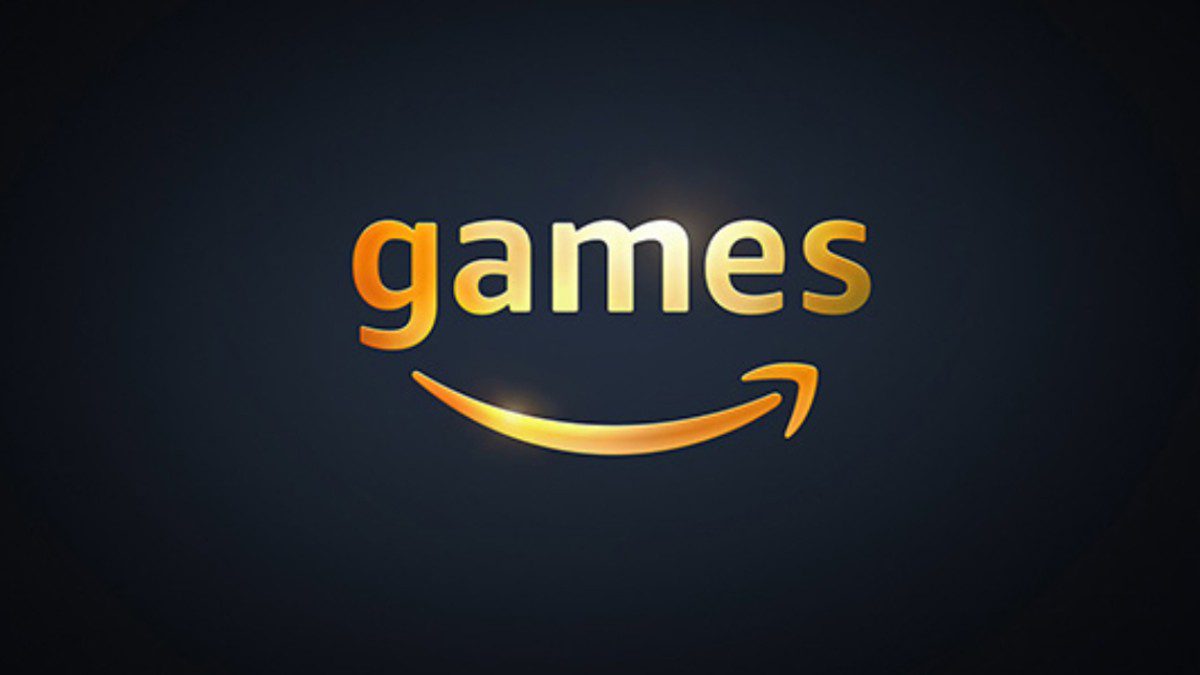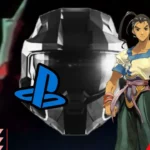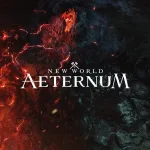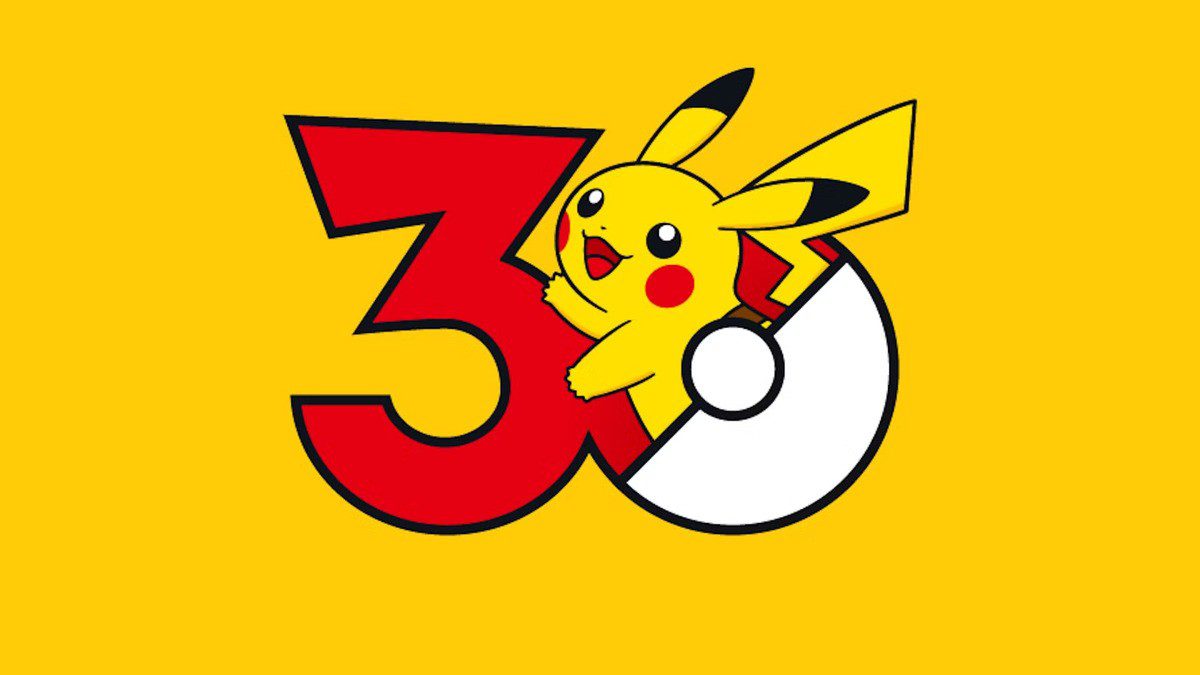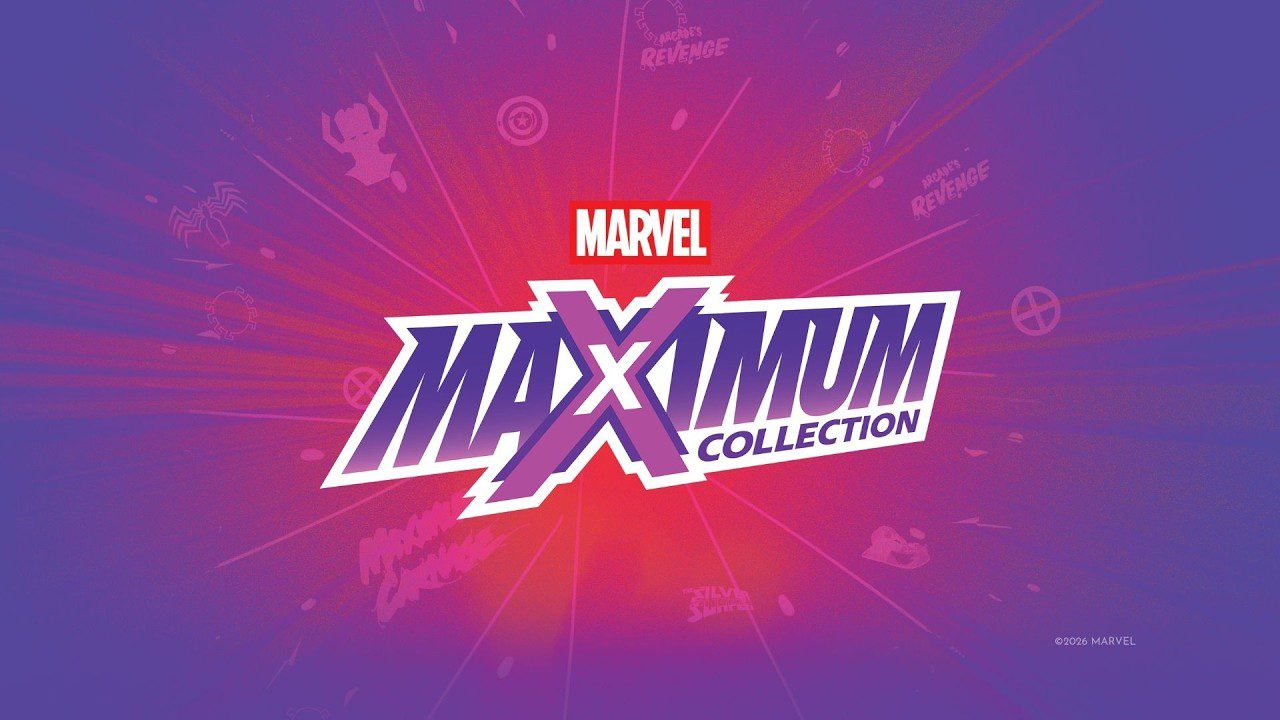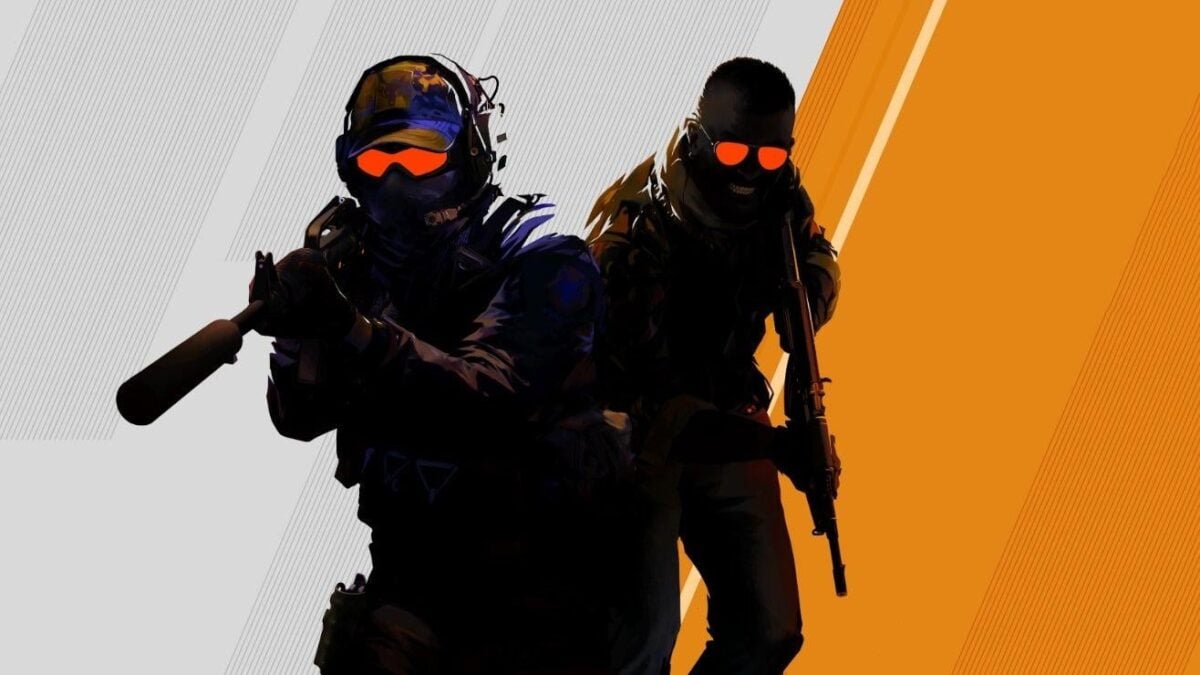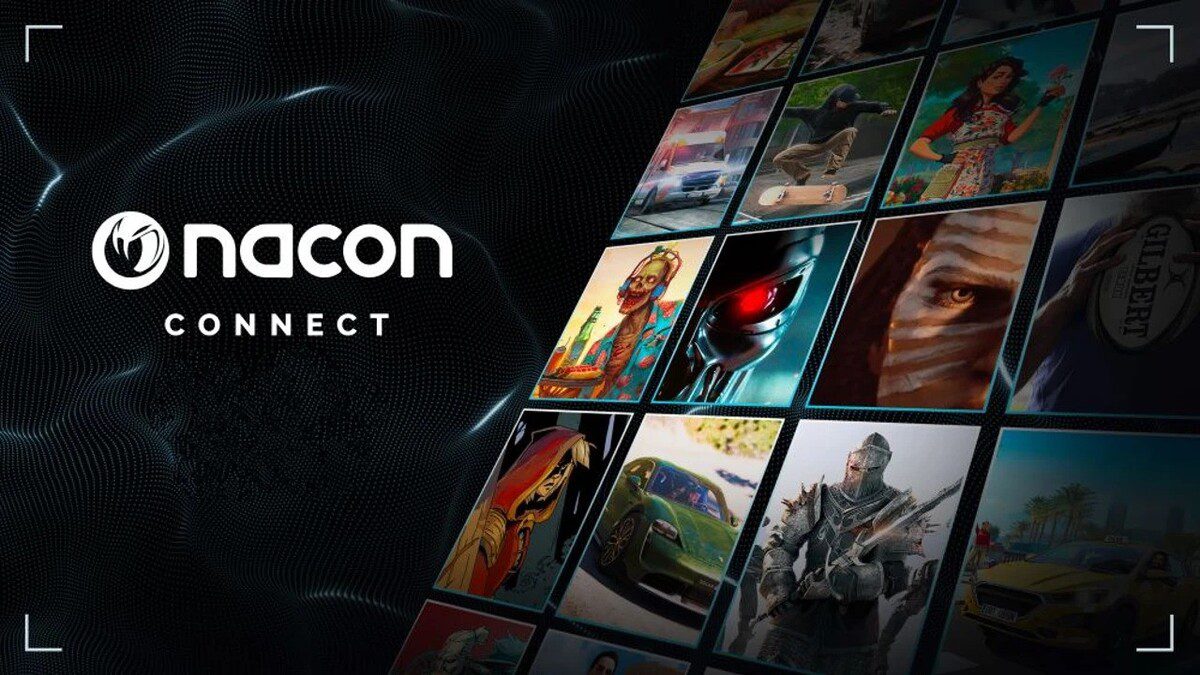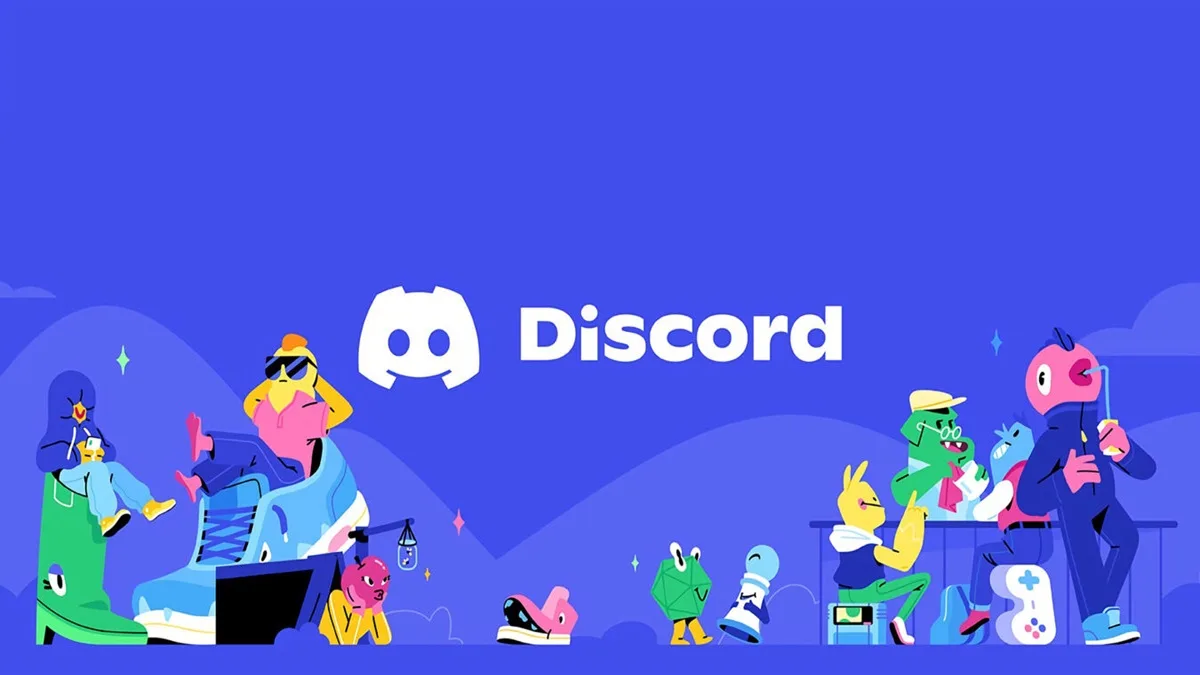Amazon has announced significant cuts to its video game division just days after rebranding Prime Gaming under the Luna umbrella, signaling a dramatic shift in its gaming strategy. This move raises questions about the company’s long-term commitment to first-party development and its broader ambitions in the interactive entertainment space.
Amazon’s Gaming Gamble: A Decade in the Making
For years, Amazon has tried to carve out a place in the gaming industry, investing heavily in studios, publishing, and cloud infrastructure. Titles like New World and Lost Ark gave the company brief flashes of success, but its track record has been uneven, with multiple canceled projects and leadership shakeups. The latest division-wide cuts suggest that Amazon is scaling back its ambitions in traditional game development, perhaps pivoting toward services and cloud distribution instead.
The Timing: Rebrand Meets Retrenchment
What makes this announcement especially striking is its timing. Just days ago, Amazon rebranded Prime Gaming as part of its Luna ecosystem, consolidating perks, free games, and streaming benefits under one unified brand. On paper, this looked like a bold attempt to strengthen Luna’s position against Xbox Game Pass, PlayStation Plus, and Epic’s growing store ecosystem. But the layoffs cast a shadow over that rebrand, creating the impression of a company unsure whether it wants to be a game maker, a platform holder, or simply a distributor.
The cuts could mean several things:
- Shift to Cloud-First Strategy: By folding Prime Gaming into Luna, Amazon may be signaling that its future lies in cloud distribution and subscription perks rather than expensive in-house development.
- Cost Discipline: Like other tech giants, Amazon is tightening budgets across divisions. Gaming, with its high burn rate and uncertain returns, is an easy target.
- Platform vs. Content Dilemma: Amazon may be betting that it doesn’t need blockbuster exclusives to succeed—just a strong platform tied to its Prime ecosystem.
Amazon’s retrenchment comes at a time when the gaming industry is consolidating. Microsoft continues to expand Game Pass, Sony leans on its first-party studios, and Netflix is quietly building a mobile-first gaming portfolio. Amazon’s decision to cut back on development while rebranding its service could either streamline its focus—or leave it vulnerable to competitors who are doubling down on content.
What This Means for Gamers
For players, the immediate impact may be minimal: Luna subscribers will still get their perks, and existing Amazon-published titles will remain playable. But the long-term implications are clear: Amazon is stepping back from competing head-to-head with traditional publishers. Instead, it may lean on its strengths—cloud infrastructure, Prime integration, and retail dominance—to carve out a niche as a service provider rather than a creative powerhouse.
Amazon’s latest move underscores a hard truth: building a sustainable gaming empire requires more than money and infrastructure. It requires vision, patience, and a willingness to nurture creative talent. By cutting back so soon after a major rebrand, Amazon risks sending mixed signals to both gamers and developers. Whether Luna becomes a true competitor in the subscription wars—or fades into the background like so many of Amazon’s past gaming experiments—will depend on whether the company can finally decide what role it wants to play in the industry.

